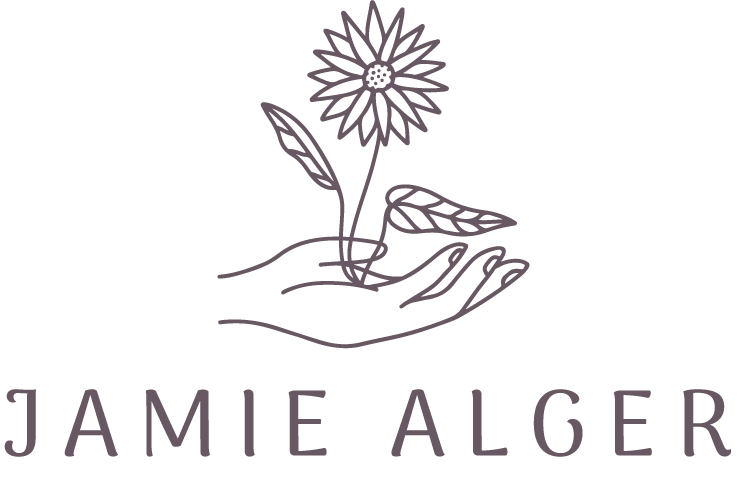"Nice People Don't Know How to Have Hard Conversations"
Last Friday, I woke up and wanted to spend my morning at the complex pool. I picked a podcast, brewed some coffee, packed blueberries and a sandwich, and made my way over.
I swiped my card to enter.
"Beep. Beep. Beep." Red. Denied.
Ugh. I shrugged my shoulders in annoyance (this isn’t the first time it’s happened).
I walk over to the manager’s office. It’s 10am. On a weekday. She’s not in. Of course she’s not.
I walk back down and stare through the gate to the welcoming blue.
A printed sign assures me cameras are watching and terrible punishment awaits if I break the rules (or maybe it’s me adding the dramatic twist).
I think I could maneuver my way over this fence.
I slide my coffee and backpack through the gate. All I need to do is quickly climb and jump, and my beautiful morning awaits.
But…
I look up.
Those damn cameras. They’re watching me. Threatening me. Staring me down.
I wait a few minutes. Maybe someone will come let me in.
No one comes.
Fuck it.
I hop the fence, and start my rebellious morning.
As I lay out my towel, I look over at the gate and those damn cameras.
Suddenly, it feels like a metaphor for my life.
Gates and cameras that stand between me and freedom. Gates and cameras that feel so real. So threatening. Until you analyze them and realize they’re only powerful because...you let them be.
“Nice people don’t know how to have hard conversations,” says Julie during our talk later that afternoon. We’re discussing Brene Brown’s interview with Ibram X. Kendi on How to Be an Antiracist.
In the interview, Ibram and Brene have a conversation that strikes a chord in me:
Brene: The biggest mistake I see people making is we don’t talk about race, but we’ve raised nice and kind kids so we assume that’s going to translate to something, but it translates to nothing but the messaging that it’s scary and not okay to talk about race.
Ibram: There are many adults who struggle to talk about race and racism, but can you imagine if these adults were talking about these issues with kids as early as two or three or one? In my parenting, I’m trying to model how to have difficult, uncomfortable conversations and how necessary those conversations are for her to have a healthy, happy, productive and impactful life. Talking about race and racism is only one type of difficult conversation we need to teach her how to have.
Brene: Aside from knowing they are loved, I don’t know if there’s a greater gift we can give our kids than the ability to lean into difficult conversations and be vulnerable.
I think my brain exploded hearing this, and I flashed back to my morning metaphor.
Why had the gate and cameras felt so scary?
It didn’t take me long to land on the little and HUGE, multi-layered word: NICE.
I have practically bowed down to “nice” my entire life.
A nice girl who became a nice woman who doesn’t know how to lean into difficult conversations.
As I stood at the gate that morning, I thought about walking away and saying goodbye to my beautiful morning. All because I *might* have to have an uncomfortable conversation with the HOA manager.
An uncomfortable conversation in which I’d simply admit my humanness AND have the opportunity to speak my truth- “I'd love to have less problems with my key. Can we fix this?”
That’s what I’m afraid of?
We’re so well-trained to avoid even the slightest whiff of discomfort that we fail to slow down and see what we give up by being so timid.
Avoiding uncomfortable at all cost is the road to becoming a well-behaved and convenient-for-society robot. Not a fully-living human being.
When I was in grad school, I interned at a counseling center. Dr. Bobbe was my supervisor. She was a fierce therapist with white hair and an apple red convertible.
She told us over and over again, “Ask for forgiveness, not permission.”
I always liked how it sounded, but I think I’m starting to actually understand it.
If you ask for permission your entire life, you will probably rarely get it.
If I’d called the manager that morning, there’s no way I was getting, “Hey, I’m not in today, but go ahead and hop the fence.”
We live in a world that errs on the side of caution. A world in which people are terrified of saying the wrong thing, terrified of taking risks, and terrified of being human, convinced cameras will surely know if they’re anything but “perfect” and “nice.”
If my worst fear came true. If those big-bad cameras caught me and the manager called me into her office and we had to talk...well...hallelujah.
At least I’d have the opportunity to lean into an uncomfortable conversation.
Because do we really want to be the kind of people who stare at a glimmering pool on a hot day and let a little fence stand between us?
Do we want to make ourselves so small we could probably slip right through the gate and no one would even know?
Or do we want to lean in, trusting that we are capable of navigating uncomfortable conversations? Conversations that contribute greatly to our growth.
Showing up for life requires so much more than “nice.”
It requires honest. And real. And human.
It requires hopping the fence, even when the sign assures you that cameras are watching, because you’re not falling for it anymore, and the water is waiting.
Love,
Jamie

